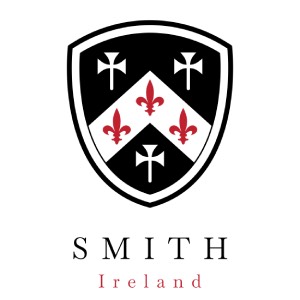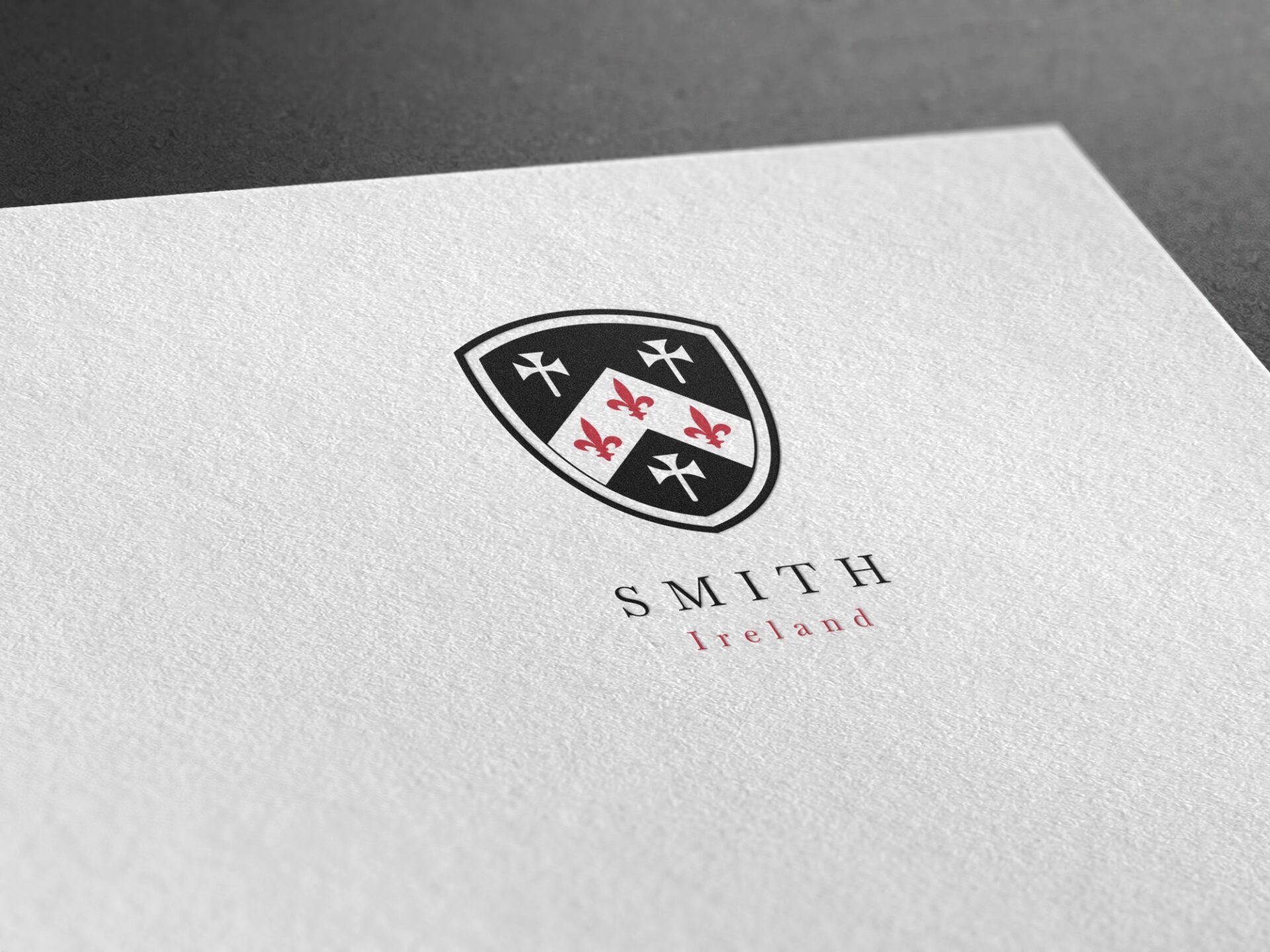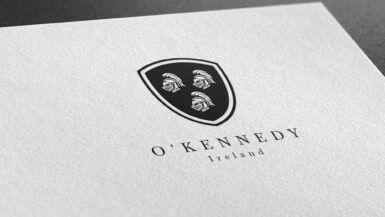Origin of the Surname
The surname Smith, while widely prevalent in England, is also of significant historical and cultural importance in Ireland. The Irish version of Smith is typically “Mac Gabhann” or “MacGowan”, which translates to ‘son of the smith’. However, under the anglicizing influences of the English in Ireland, many of these Gaelic names were translated directly to Smith or Smyth.
Etymology and Meaning
The surname Smith is derived from the Old English word “smið,” meaning “one who works in metal,” a reference to the occupation of a smith or blacksmith. In the context of Ireland, the original form, Mac Gabhann, can be dissected into “Mac” meaning “son of” and “Gabhann” meaning “of the smith.”
Earliest Known Usage
The earliest known usage of the Smith surname in Ireland can be traced back to the 12th century, post the Norman invasion. Many of the indigenous Gaelic names were Anglicized during this period, including Mac Gabhann to Smith.
Geographic Distribution
The Smith surname, in its various forms, is dispersed throughout Ireland, but it is most commonly found in Cavan where the Mac Gabhann clan was prominent. The Anglicized form, Smith, is widespread throughout the country due to later anglicization and migration patterns.
Original Geographic Location
The Smith or Mac Gabhann clan originally held a family seat in the Irish province of Ulster, specifically in the County of Cavan.
Migration Patterns
As with many Irish surnames, the effects of the Great Famine in the mid-19th century led to a significant diaspora of individuals carrying the Smith surname. Many emigrated to the United States, Canada, Australia, and other parts of the British Empire, leading to the spread of the surname globally.
Historical Context
Notable Historical Events
Smiths have been deeply involved in the history of Ireland. For instance, the Mac Gabhann clan was a part of the resistance against English rule during the Elizabethan conquest of Ireland in the late 16th century.
Involvement in Key Moments in History
Smiths have held high positions in the Catholic Church, with several serving as bishops during the tumultuous times of the Penal Laws in the 18th century. They have also been involved in the Irish nationalist movement of the late 19th and early 20th centuries.
Notable Bearers of the Surname
Famous Individuals
Notable Smiths from Ireland include John Smith (or Sean Mac Gabhann), a prominent figure in the Irish War of Independence and the Civil War.
Influential Figures
In the arts, Pauline Smith, an Irish novelist and playwright, made significant contributions to Irish literature in the 20th century.
Variations of the Surname
Spelling Variations
Common spelling variations of Smith in Ireland include Smyth, Smythe, and the original Gaelic form Mac Gabhann.
Regional Differences
Regional differences can occur, such as ‘MacGowan’ being more common in the northern province of Ulster, while ‘Smith’ and ‘Smyth’ are more prevalent in the other provinces.
Current Statistics and Distribution
Frequency and Global Distribution
Smith, including its variations, is one of the most common surnames in Ireland. Globally, due to Irish diaspora, it is prevalent in English-speaking countries.
Changes Over Time
The use of Smith has remained stable over time, despite the decline of the occupation of blacksmithing, thanks to its early adoption as a hereditary surname.
Family Coat of Arms

The Smith family crest is a visually striking and symbolically rich heraldic emblem that encapsulates the essence and values of the family. The crest features a black background, known in heraldry as sable, which typically symbolizes constancy, wisdom, and sometimes grief. This choice of color suggests the family’s enduring nature and resilience, possibly pointing to a history of overcoming challenges.
Central to the crest’s design is a white chevron, an emblematic heraldic symbol representing protection and builders of fortresses or churches. In heraldic terms, the color white, known as argent, symbolizes purity, peace, and sincerity. This chevron cuts across the shield, symbolizing the roof of a house and pointing to the family’s protective nature and their role as guardians or providers.
On the crest, there are three blacksmiths’ hammers, which directly relate to the family name, Smith. These hammers are emblematic of labor, craftsmanship, and industry, suggesting a heritage of skilled workmanship and possibly a historical connection to blacksmithing or artisanal trades. The hammers underline the family’s work ethic and their connection to making or building, integral to their identity.
Within the white chevron are three red fleur-de-lis. The fleur-de-lis is a stylized lily often associated with purity and the Virgin Mary in religious contexts, but in general heraldry, it signifies perfection, light, and life. The color red, or gules, enhances these symbols with meanings of bravery, strength, and valor. The inclusion of fleur-de-lis inside the chevron may indicate a noble connection or aspirations, suggesting not only a spiritual or virtuous dimension to the family’s character but also their valor and nobility.
Collectively, the elements of the Smith family crest—the black field, white chevron, blacksmiths’ hammers, and red fleur-de-lis—create a powerful visual narrative. This narrative highlights a legacy characterized by resilience, protection, skilled craftsmanship, and noble virtues, portraying the Smith family as both industrious and principled. This crest serves as a proud emblem of their enduring values and historical significance.






Leave a reply